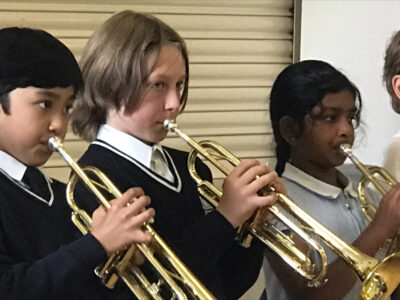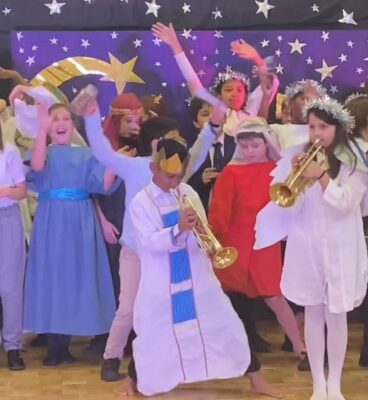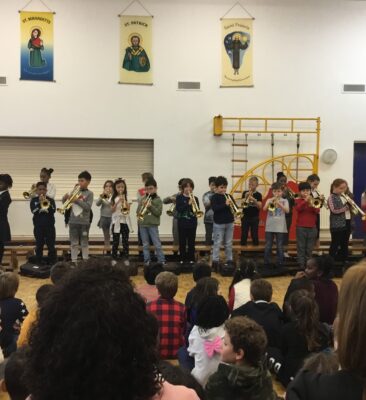 Intent
Intent
The school believes that music is a vital part of children’s education and has a significant and valuable role in the taught curriculum, as well as the enrichment opportunities we offer our pupils. The music curriculum will develop children’s matters, skills, processes, confidence and knowledge of music around the world with effective teaching and considered sequences of lessons and experiences.
Understanding of the musical elements of music (instruments, vocal and musical theory) will be developed by providing a curriculum which will enable children to reach their full potential.
This can be supported by theatrical elements introduced through music lessons but accessed across the broader curriculum.
The skills taught will enhance their understanding of music and give them room to engage even further in the subject through interlinking these skills with cross curricular subjects.
Through dramatic systems, the children will consume information using different methods such as role play, hot seating, re-enacting, song and musical history.
 Implementation
Implementation
The skills and knowledge that children will develop throughout each musical topic are mapped across each year group and throughout the school to ensure progression.
We follow the Charanga Scheme of Work, which ensures that children understand the context of the music and show a deeper understanding of musical theory through history up to the present day.
The children will be expected to perform, listen to, review and evaluate music across a range of historical periods, genres, styles and traditions, including the works of the great composers and musicians.
They will learn to sing and to use their voices, to create and compose music on their own and with others, have the opportunity to learn a musical instrument, use technology appropriately and have the opportunity to progress to the next level of musical excellence.
Children will be able to understand and explore how music is created, produced and communicated, including through the inter-related dimensions: pitch, duration, dynamics, tempo, timbre, texture, structure and appropriate musical notations.
A similar focus on skills means that children are given opportunities to express their creative imagination, as well as practise and develop mastery in the key processes of art: singing, moving, playing and expressing themselves through music and drama.
Coordinated whole-school project work will ensure that music is given high status in the curriculum and the school takes part in the annual Christmas productions.
Children from Year 4 upwards are be given the chance to learn the trumpet. Children will receive Italian lessons where music is included (EYFS/KS1) to support their learning simultaneously.
 Impact
Impact
Classrooms will be a visually stimulating and creative environment, which will celebrate the process of learning, practising and developing skills in art lessons.
Links will be made across the curriculum, where possible and appropriate, to enrich and extend the teaching of other subjects.
Teachers will be able to utilise music as a method to create a calming and familiar environment for the children using morning playlists and using a class song to give them ownership over the music in their classroom.
The children will have evidence of their learning in both the main music room but in their own classroom environments with musical areas containing instruments used in their lessons and evidence of their singing at the end of the day when the children get the chance to share with the class.
Curriculum Overviews
